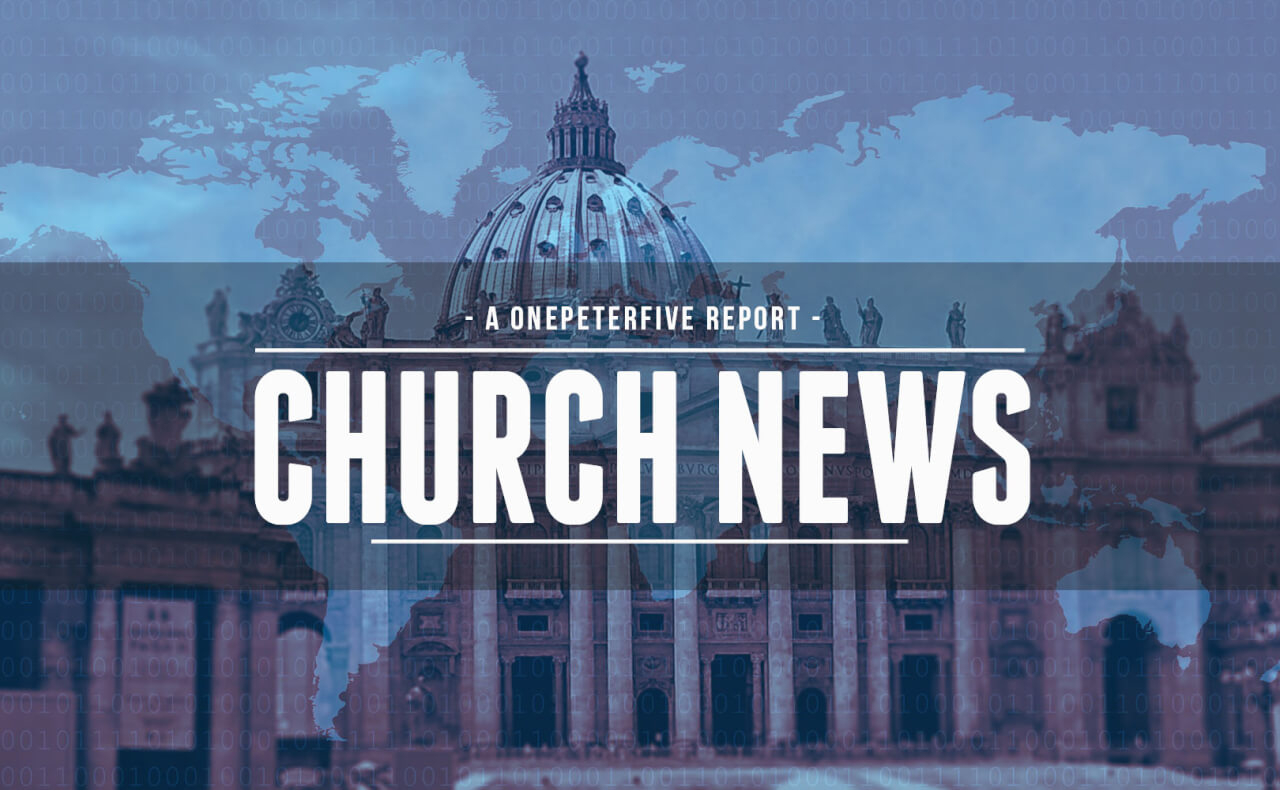In a motu proprio letter dated January 17th, the pope has made official an action that has been rumored for some time: citing a change in the conditions that had “led the Holy Pontiff John Paul II to the establishment of the Pontifical Commission Ecclesia Dei” (PCED) in 1988, Francis has suppressed the commission and has transferred its duties to the Congregation for the Doctrine of the Faith.
The PCED, the pope notes, was charged with “facilitating the full ecclesial communion of priests, seminarians, communities or individuals religious and religious, linked to the Fraternity founded by Mgr. Marcel Lefebvre, who wished to remain united to the Successor of Peter in the Catholic Church, preserving their spiritual and liturgical traditions.”
Among the changed conditions he cites are the promulgation of “the Motu proprio Summorum Pontificum of 7 July 2007″ and “the Motu Proprio Ecclesiae Unitatem , of 2 July 2009″ which “reorganized the structure of the Pontifical Commission, in order to make it more suitable for the new situation created with the remission of the excommunication of the four Bishops consecrated without a pontifical mandate.”
In his letter he observes that subsequent to those two events, “since the issues treated” between the Society of St. Pius X and Rome are “of a doctrinal nature”, he has approved the request of the CDF that “the dialogue between the Holy See and the Priestly Fraternity of Saint Pius X be conducted directly by the aforementioned Congregation”.
At the National Catholic Register, Edward Pentin reports:
In an explanatory article in today’s L’Osservatore Romano, and which Francis refers to in themotu proprio, Nicola Gori writes that “conditions and circumstances change, but the dialogue continues” with the SSPX and with all those who have followed its founder, Archbishop Marcel Lefebvre.
He explained that the “main core of this dialogue is now made up of mainly doctrinal issues” which has “led” Pope Francis to take the decision announced today. He stressed it is not a question of “total abolition” of the commission but rather “a transfer of competences given that the main axis on which the task will be set is restricted to the doctrinal sphere.”
“This means that progress has been made in communion and therefore the current motu proprio offers an implicit recognition of the pontifical commission which, with its efforts and its activity, has brought its own duties to a conclusion.”
An informed Vatican source told the Register that the motu proprio is “essentially” a good development towards helping the SSPX return to full communion.
But he added that primarily it “represents a normalization of the ecclesiastical status of traditionalist communities in the Pius X ambit which many years ago were reconciled with the See of Peter, as well as those celebrating the extraordinary form.” Both areas, he noted, have been “administered by Ecclesia Dei until now.”
Hilary White offers further analysis from an unnamed source today:
The CDF is taking over talks with the SSPX; that does not mean the rest of PCED’s functions are being dispersed will-nilly to the various dicasteries.
What the motu proprio does is give the CDF the competency of… “dialoguing” with the SSPX. The other functions of the PCED are going to continue in a newly formed, special “Section” of the CDF, with – as far as I can tell – the same staff (except for the Bishop Secretary, Guido Pozzo).
That is, the suppression of the PCED is more a question of organizational charts. What was a quasi-independent body, is now directly a part of the Congregation it already depended on (the head of CDF, for instance, has been ex officio President of PCED for years).
The key line here, I think, is in the third of the new dispositions: 3. “Il bilancio della Pontificia Commissione rientra nella contabilità ordinaria della menzionata Congregazione.” That is, PCED used to have its own budget; now it is part of the ordinary accounts of CDF.
The SSPX released their own statement on the development, which consists primarily of a summary of the motu proprio and the events it describes. But the statement becomes notably terse when describing the other traditionalist communities under the umbrella of the PCED:
One conclusion is evident: as the so-called Ecclesia Dei communities have preserved “their spiritual and liturgical traditions”, they clearly do not count in this discussion. If they remain attached to a section of the Congregation for the Doctrine of the Faith, it is incidental. They can have the Mass, the “spiritual and liturgical traditions”, but not the whole doctrine that goes along with them.
That has always been the Society of St. Pius X’s great reproach against Dom Gérard [founder of the Benedictine monastery at Le Barroux who worked with Archbishop Lefebvre until 1988] and all those who thought they should break the unity of Tradition in order to negotiate a purely practical agreement. The crisis of the Church cannot be reduced to a spiritual or liturgical question alone. It is deeper, for it touches the very heart of the Faith and the doctrine of Revelation, Christ the King’s right to reign here below over men and over societies.
Concern over the practical upshot of the matter for Ecclesia Dei communities remains high among traditional Catholics discussing the matter on social media, but it remains to be seen whether this is, as White’s source says, simply a matter of shifting “organizational charts.” As of this writing, neither the Priestly Fraternity of St. Peter nor the Institute of Christ the King, Sovereign Priest — arguably the two most well-known PCED communities — have issued a statement in response to the pope’s letter.


